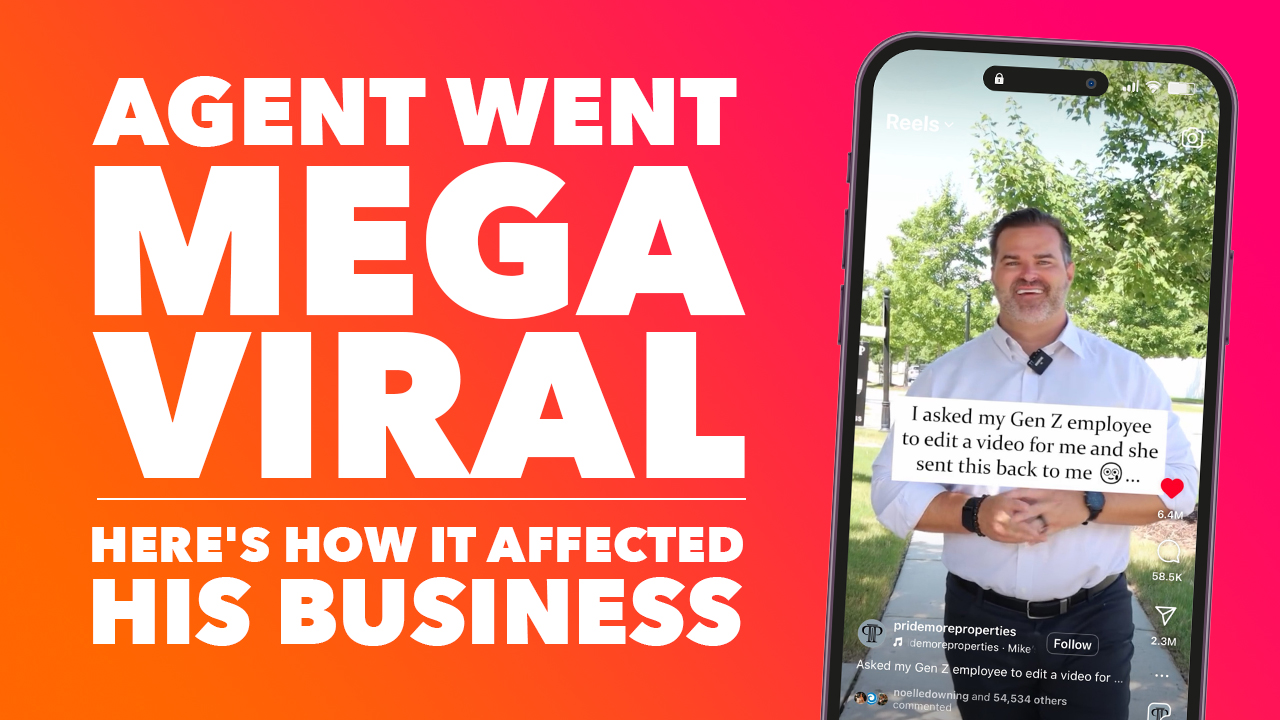For many, writing can be an intimidating task. But, knowing the basics can help increase your sales tenfold. If you find yourself straying away from writing copy or are in need of a quick refresher, here are eight simple tips to help you write the type of copy that sells.
1. Empathy is key
Everyone says to “know your audience,” but it really needs to go a step further. You need to know how your audience will feel and what they will be thinking as they read your copy. If you can put yourself in your audience’s shoes, then you are more likely to be able to anticipate what objections they may have and be able to overcome them in your copy.
A good tip for this—especially if empathy doesn’t come naturally to you—is to spend an hour reading the reviews of your own and competitors’ products and services. See what people are saying. What pain points are the most common? What complaints are the most common? What words do they use most often?
2. Clarity over cleverness
“People don’t buy the best products. They buy the ones they can understand the quickest.”
Compare these two headlines:
1. The summer market is heating up, so should your marketing!
2. The most effective follow-up tool on the market for generating more referrals this summer!
Yes, you will get points for style and wittiness in the first headline, but chances are people aren’t coming to your site to be amused by clever copy—they can read a Dr. Seuss book for that. The first few seconds of landing on a page are critical, so don’t waste them. For the headline, try asking a question you know they will want answered. This should hook them into reading the rest of the copy. From there, try to never break the flow.
3. Don’t be a stickler for grammar
There’s an obvious line between being conversational and unprofessional that you don’t want to cross, but for the most part it is far more important to communicate in a clear and effective way than to use perfect grammar and formatting.
You want to be able to join the conversation your audience is having in their own mind, and conversations typically aren’t worded in perfect paragraphs. Oftentimes, we need to separate sentences out on their own to add emphasis or use all caps to add emotion and flow to otherwise lifeless words. Even emojis can be effective if used properly and in the right context.
4. Be “semi-clickbaity” with ad headlines
Yes, we all hate the ads that get us to click through only for a disappointing payoff once we get to the actual article. But guess what else people hate . . . ads with headlines that are too un-engaging to even click on in the first place.
A good headline especially for “interruption style” marketing, like Facebook feed ads, needs to grab someone’s attention, and give them some incentive to click through. Curiosity is a powerful motivator. If all the info is in the headline, they aren’t going to be interested enough to click through.
5. Do as they do, not (necessarily) as they teach
This is a huge tip for really anything in business. Look at what others—particularly the very best in the world or the best in your area—are doing that’s working, and reverse engineer it for yourself.
If you can learn the skill of reverse engineering, the Internet has made knowledge—that, in the past, would have cost a fortune—free and easily accessible. Want to know what the best agent in your area is doing? Go to their website, read their copy, sign up for their newsletter, and read their newsletter. Want to get amazing tips on copywriting? Google the best copywriter coaches. Download their free e-books with tips. In addition to learning from the e-book, pay attention to the copy in the follow-up emails that they send you. Do as they do.
6. Lead with WHY they should listen to you
When Gary Vee gives a quick two-minute rant on “focusing your strengths,” it might be one of the most powerful things you’ve ever read. However, if Joe Shmo used the exact same words, you might not even stick through the whole two minutes. Why? Because the authority of the person giving the information is vital when judging how valuable the information is.
Meaning, if you don’t have a massive following or fame to automatically establish your authority, then you need to hook them right away with why you are worth listening to. This could be as simple as telling them something that breaks with their current way of thinking. Below is an example.
“Here’s why what everyone else is preaching about real estate marketing is DEAD WRONG.”
7. There’s no magic formula
Sure, there are a plethora of best practices out there that could end up working well. But, there are too many variables for there to ever be one formula that you should always use. You may have all the pieces of a certain formula in place in your copy, but always come back to common sense and empathy. Read the copy as if you were the target audience. Does it communicate well? Would it give you enough reason to perform the call to action?
8. Be authentic
Writing is way more effective when it is perceived as authentic. We all know the power of a song about overcoming adversity or heartbreak when it’s actually performed by someone who believably overcame this obstacle vs. a 14-year-old Disney star performing it.
At the end of the day, writing ad copy is an essential part of marketing. Put these tips to good use and watch as your sales numbers increase.
















